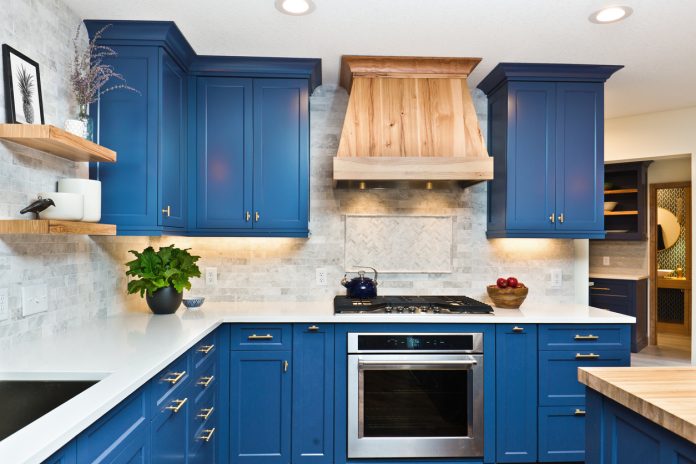Like most of us, your home is perhaps the largest investment you will make in your lifetime. Therefore, it makes perfect sense that you would want to keep it as nice as possible for as long as possible. There are many ways to do so aside from just regular cleanings, painting, and other maintenance. One great way is to invest in home renovations that increase the visual appeal of your home and upgrade its functionality at the same time.
Bathrooms are one of the most common renovation projects in Australia. A recent study found that Australians planned to spend $7 billion on bathroom renovations in 2013, second only to kitchens.
Now is a great time for homeowners to get involved with their home renovation options, especially because more trade professionals are moving away from purely domestic work and are also getting involved in commercial work.
But while there are many compelling reasons behind renovating your bathroom, you might not be sure where to start. So here’s some easy-to-follow advice on renovating your bathrooms without too much stress or expense.
1) Planning Your Bathroom Renovations
One of the worst things you can do is into a renovation without doing any research beforehand. It might feel like a good idea to jump in and start ripping out tiles, but unless you have a specific plan of action, you run the risk of going over budget or being forced to do more work than necessary.
2) Understand Your Budget
You may be eager to tear down every wall and rip up every floor tile, but without knowing what your renovation will cost you, it can be tough to decide exactly how much work needs doing. Determining how much money you want to spend before getting started is essential! Because once you’ve decided it’s time for renovations, anything else becomes an unexpected expense that could put pressure on the project.
3) How Much Work Do You Want To Do Yourself?
If you’re feeling brave enough to do it yourself, go for it! But know that the DIY route is significantly more time-consuming than calling in a professional. If you want to save some money by doing some of the work yourself, calculate how long it will take and see if any specialist equipment or knowledge is needed. Just because your dad can tile a floor doesn’t mean he’ll be able to complete every aspect of the project.
4) Clear Out The Space

Part of ensuring your bathroom renovation goes off without a hitch is making sure there’s not too much stuff cluttering up the space when work starts. A good rule of thumb is to clear everything from underfloor level and above ceiling height.
If you need to store anything, make sure it’s kept in a cool, dry space. If it’s outdoors, be sure to cover any items prone to weathering. This will help ensure they’re safe during the renovation process and prevent further damage due to exposure.
5) Gut It Out
Before your contractor starts ripping out tiles or fixtures, they’ll want you to remove all personal effects from within the bathroom itself. If there are any taps still attached to the walls, for example, this could lead to water damage or injury if someone uses them when work begins. Be sure to take everything out of the room and move it elsewhere until renovations have been completed.
6) Consider Your Toilet
The humble toilet doesn’t get the renovation love it deserves. If you’re looking to add a little luxury and comfort, consider upgrading the bathroom essentials. The average lifespan of a standard toilet is around 20 years. So if there’s still some life in yours but not much more, take this opportunity to make some changes.
7) Test, Test And Re-Test
Once everything has been gutted and cleared out, go over every inch of space with your contractor to identify any potential problems. Even the smallest crack or loose connection can cause major problems further down the line if they aren’t found early. It might seem like an unnecessary step, but it could save you hundreds or even thousands in the long run.
8) Ask Your Contractor For Advice
If you’re lucky enough to have a contractor who’s done this kind of work before , get their advice on what would be best for your specific renovation. They could save you time and money if they know which fixtures suit each area or where tiles need attaching. This is particularly important if you’re planning any structural changes to the space. Whatever plan you choose, it will be easier to implement with professional guidance.













